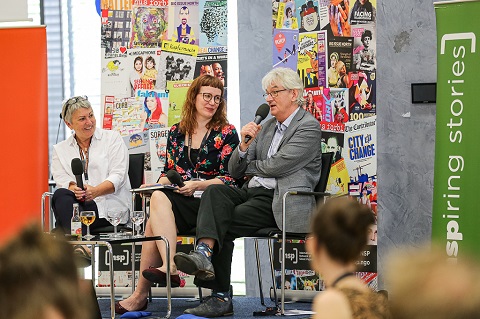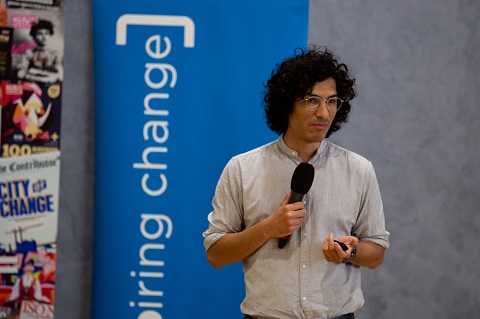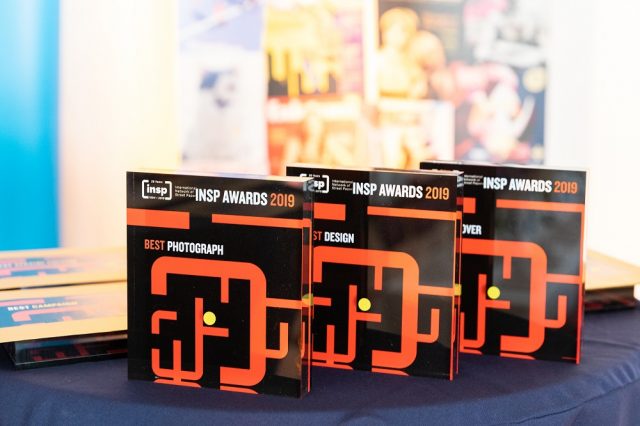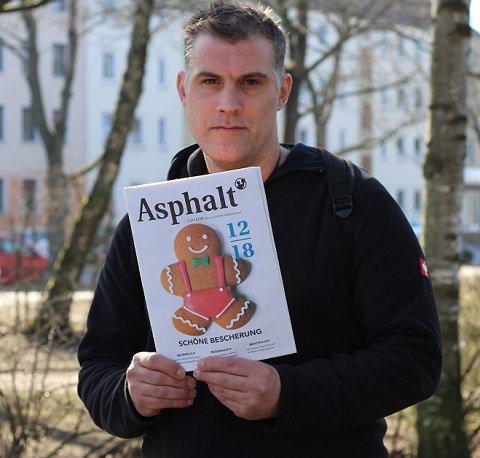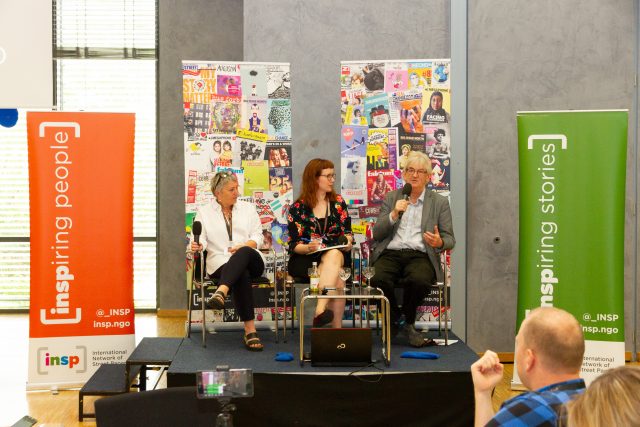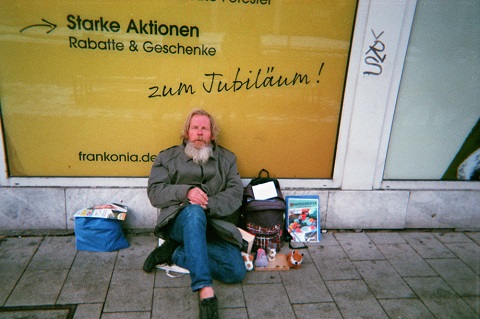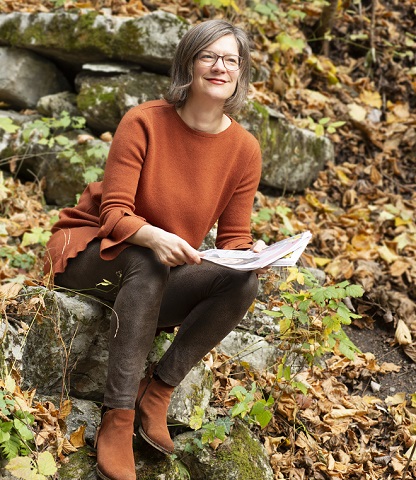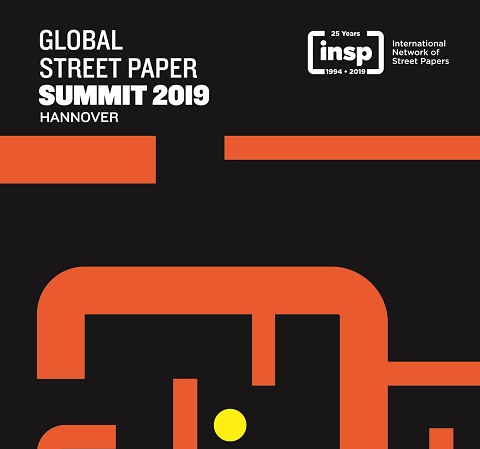The second day of the 2019 Global Street Paper Summit in Hannover presented the first of a pair of keynote presentations focusing on the way news and journalism has been altered, and often exploited, in a digital and social media age.
Orit Kopel has a background in human rights law, which she has channelled into advocating for the freedom of expression rights of bloggers and social media users, later going on to found the Wiki-based news platform WikiTribune with Wikipedia founder Jimmy Wales.
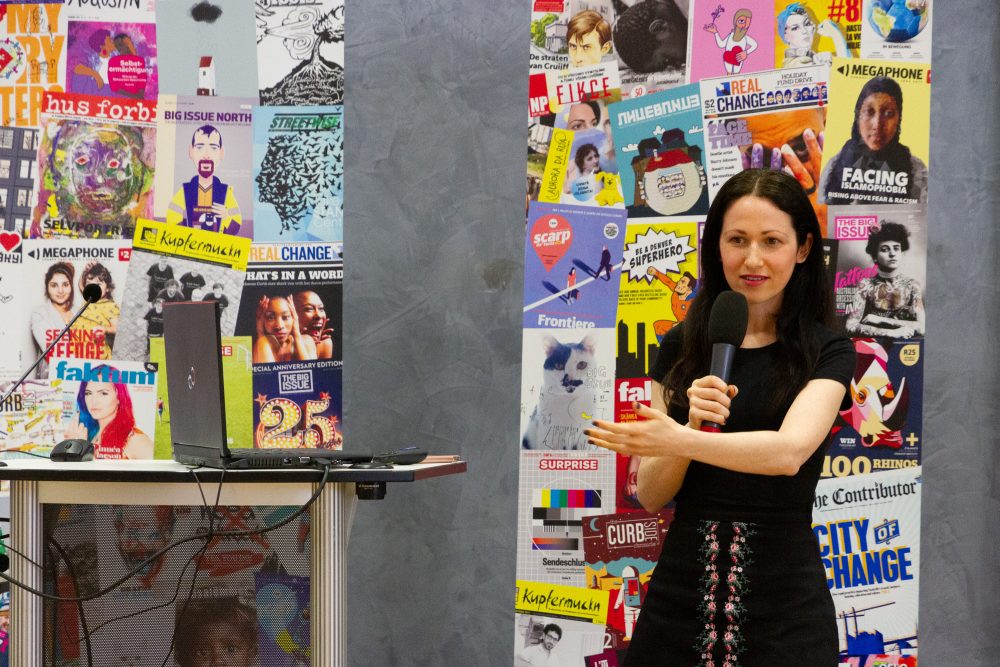
Kopel was damning when describing the public attitude to the mainstream media. “People have lost trust in the media – that’s a fact,” she said. “Politicians are delegitimising the media and we now live in a filter bubble on social media.
“This has broken the news. You don’t learn about what is going on in the world; you hear a reflection of your own views. You can no longer be sure of the facts.
“TMI – literally. How we know what is correct and what is not when so much conflicting information is abundantly available but lacks transparency.”
https://twitter.com/fayselvan/status/1141281790306541568
.@OritKopel thanking @_INSP #streetpapers for bringing a variety of voices into print media with stories that challenge and educate. #INSP2019 #INSPAwards #independentmedia pic.twitter.com/Y4eNB6p2pk
— Zoe Greenfield (@Zoe_Greenfield) June 19, 2019
Kopel told delegates of the advantages of community-sourced journalism, fact-checked by professional journalists, the model WikiTribune runs by.
“The crazy storm on social media around stories means the traditional media don’t do due diligence and give in to radical discourse,” she said. “Our goal is to deliver only facts – which is so difficult when the media seems so infected with bias.”
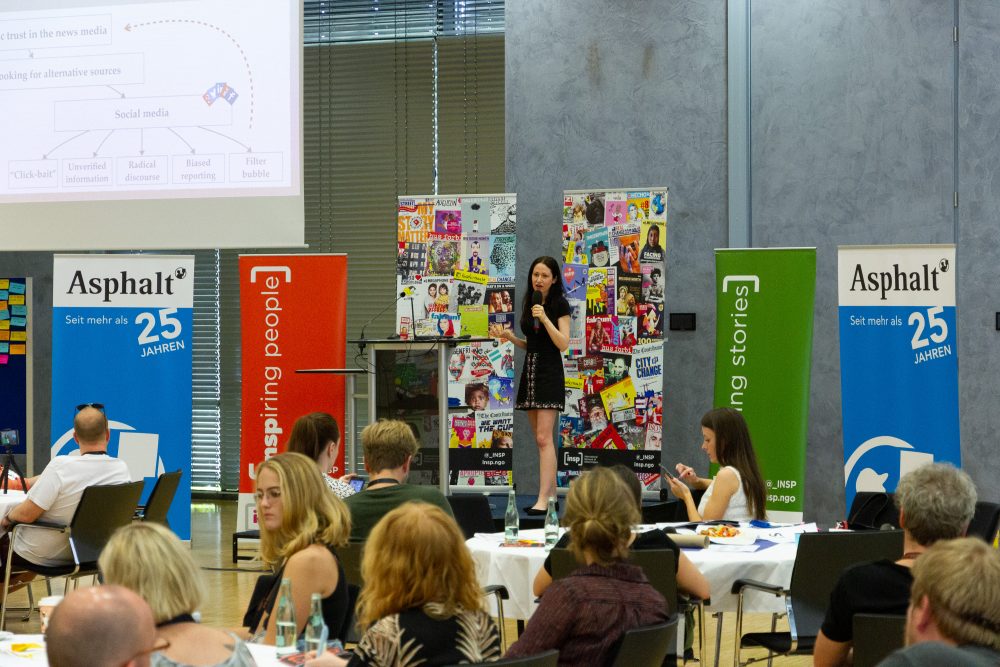
Kopel also suggested street papers, as an alternative media source, could be an antidote to the hurricane of outrage and misinformation that percolates on the internet.
She finished by talking about her new, very different project – Glass Voices. The fledgling social enterprise will provide training to women in public speaking as a means of combatting the homogeneity running through panel members, board rooms and offices in the business sector and beyond. Kopel hopes through this that smart, driven and talented women, who may have not had the confidence to speak up over their much louder, privileged male counterparts will be given an opportunity to meet their potential.
An extended interview with Orit Kopel will be available to INSP members shortly after #INSP2019






